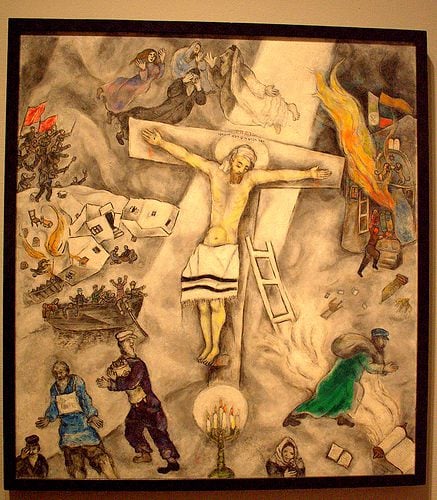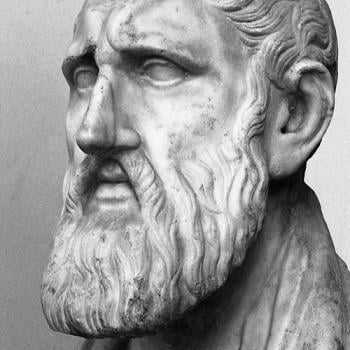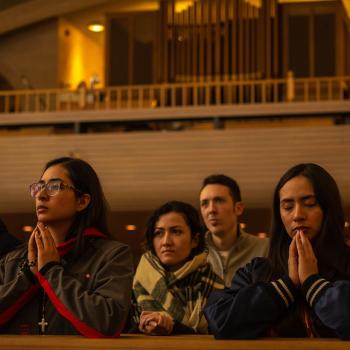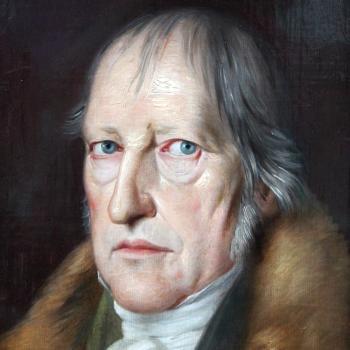The 10 happiest countries one earth are among the least religious; conversely, the 10 least happy countries are among the most religious. Such information would seem to discredit religion, but it shouldn’t at all. Christian Smith’s theory of religion helps us to see why.
As we blogged about, Smith in his book Religion: What It Is, Why It Works, and Why It Matters. defines religion in terms of people seeking help from “superhuman powers.”
Thus, he observes, people who suffer more—that is, deal with more difficulties that they cannot overcome themselves and so seek superhuman help—tend to be more religious. Conversely, people who have few problems tend to be less religious.
“At root, human approach superhuman powers for help in conditions and situations they cannot control and with problems that they cannot solve. Generally, when people are able to resolve their difficulties in a reasonable amount of time using ordinary, human means, they do so and leave the superhuman powers alone.” (p. 36)
So why should people from the “happy” secularist countries–who are affluent, whose government takes care of them, who feel no guilt, who have few worries–be religious?
Of course people in less developed nations–who struggle with poverty, who live under tyranny, who know their weaknesses, who see death all around them–are going to be more religious.
Religion is for those who are in need: those who are sinners and yearn for forgiveness; those whose lives are a wreck and need help; those who are suffering; those who need more than what this material world offers.
Now in reality, the people in those “happy” countries–where I have spent some time lately–have needs that they are blind to. And they are not as happy or irreligious as they appear. Smith’s theory has applications to “secularism” that I want to discuss in a later blog post.
The United States appears to be an outlier. Here, the affluent tend to be more religious, while poor and struggling white people tend to be more “unchurched.” (Black Americans, however struggling, are highly religious. So are Hispanics.) How might we explain this anomaly?
The conventional wisdom is that the problem of suffering–if there is a God, how could He allow me to suffer?–undermines religious belief. But if Smith is right, suffering is at the essence of religion.
To be sure, in the Christian religion, faith is a response to God’s grace. While it is true that it’s harder for a camel to go through the eye of a needle than for a rich man to enter the kingdom of God, Jesus adds an important qualifier: “With man this is impossible, but with God all things are possible” (Matthew 19:26).
The God who can make a camel go through the eye of a needle can, by his grace, bring a rich man into His kingdom. For which all of us who have it relatively easy must be grateful.
But those who have it easy do have needs that they need to awaken to. Complacency, worldliness, and self-satisfaction have always quenched the spiritual life. But the Law reveals our sinfulness and our need for the Gospel. Death awakens us to our need for everlasting life. Vocation makes us see our need to love and serve our neighbors, as opposed to merely loving and serving ourselves.
Illustration: Chagall’s “White Crucifixion,” CC BY 3.0, https://it.wikipedia.org/w/index.php?curid=4188903


















